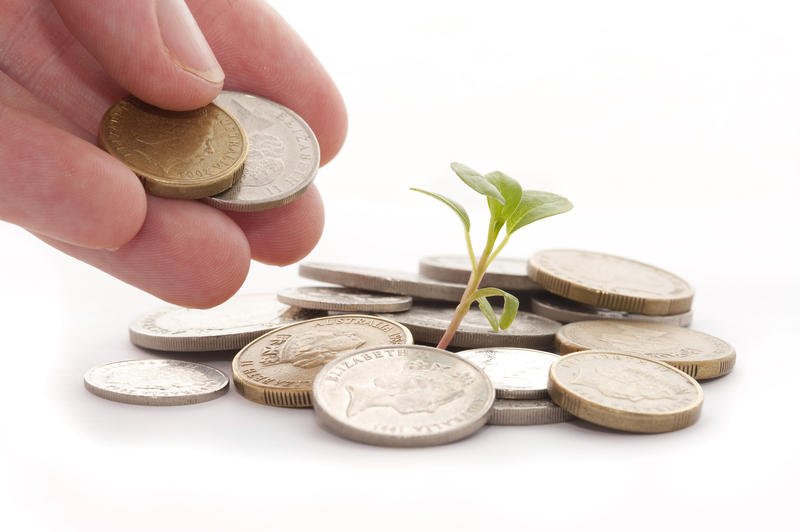Economic ups and downs can affect any individual or business. Stock markets can crash overnight; local product prices can surge with governmental changes. Healthcare crises like COVID-19 can push people out of business. Many situations can occur over time, economically affecting individuals and businesses across the world.
After the pandemic especially, many people are facing financial challenges. Inflation is on the rise across the world, and even households that were well-off before the pandemic are struggling profoundly due to the tough three years the world had to face collectively. However, some strategies can always be used to reduce the adverse effects of economic breakdown and get back on foot. Here are some useful tips to save money during economic uncertainty.
- Scale Back on Luxuries
Most people don’t realize they spend their hard-earned money on things they don’t even need. They might spend their money on extra food, entertainment, and traveling that are downright luxuries instead of everyday necessities. Cutting down on these nonessential items is the first step in dealing with economic uncertainties.
By cutting down on luxuries, people can save money and make dramatic changes to their lives. For instance, it’s economical and healthy to eat homemade food instead of ordering fast food frequently.
At first, adjusting to a life without such luxuries might seem very difficult. But over time, everyone can adopt healthy habits and start making peace with a new way of living.
- Make A Budget
A budget is the best tool to manage money and save more whether or not you are going through tough economic times. A budget can help significantly manage expenses and track where the money is going.
Especially if you have liabilities such as a car loan or credit debt, a budget can help ensure that you are managing your daily expenses and keeping enough money aside to deal with the debt.
To make a budget, you don’t have to be an expert in finances or accounting. You have to map out your expenses and your income. Your expenses should include groceries, travel costs, and bills, and you should identify the portion of income that has to be reserved for each expense.
An ideal budget is one that leaves out some extra cash at the end. At first, you might find it difficult to balance out the budget in a positive manner. However, the key is identifying areas where you can cut out expenses. For instance, if you are paying a lot in traveling through your current mode of transport, you can identify other cheaper alternatives.
Once the budget is set in place, it’s important to strictly follow the budget and record everyday expenses to keep track of everything. Most importantly, you should re-examine your budget weekly to ensure that you are not adding up small expenses. Perhaps, you spent more on traveling one day or decided to order food, which was not part of the initial plan. These extra costs will have to be accounted for, so by the end of the month, you wouldn’t have spent more than what you could have afforded.
To make up for these extra costs, you will have to cut down expenses in some areas. However, as already stated, sticking to a budget is far more important than making one. After all, there’s no point in having a budget if you cannot keep up with it. The first step to dealing with economic uncertainties is stopping the extra outflow of money, which starts with tracking the expenses (in other words, a strict budget).
- Be Comfortable in Adjusting Plans
One reason many people cannot deal with economic uncertainties is that they suddenly find themselves in a position where they can no longer enjoy everyday luxuries. Perhaps, you are someone who likes to take part in weekend activities or go out with friends. But financial difficulties might bring you to a position where you will have to hold yourself.
In such situations, you might feel troubled and anxious. However, it’s OK to adjust your plans. Economic uncertainties can cause a lot of stress, but it’s important to remember that they don’t last forever. Financial disruptions can happen to anyone, regardless of the job they have or the wealth they own. It’s important to be comfortable with financial disruptions to think straight and formulate the right strategies.
- Create an Emergency Fund
It’s important to have an emergency fund at your disposal to avoid economic uncertainties in the future. An emergency fund can be best understood as untouchable money that is only utilized when an unexpected cost must be dealt with urgently, such as a big hospital bill.
It might not be possible to create an emergency fund immediately as you are dealing with economic uncertainties because you might not have savings to keep aside in the fund. However, this should always be considered as a contingency step to follow once the economic uncertainty is over. Having an emergency fund will ensure such a situation never arises again, and you can cope with the financial burdens of disruptions such as loss of income.
Conclusion
Economic uncertainty can cause a lot of stress and worry. Lack of financial security impacts the quality of livelihood and makes it super difficult to stream through everyday responsibilities. Most households are not even equipped to handle economic struggles, which makes it very difficult for families to manage the crisis. However, with proper money-saving habits, individuals and businesses can pass through economic uncertainties and be ready for unexpected situations requiring extra money.

